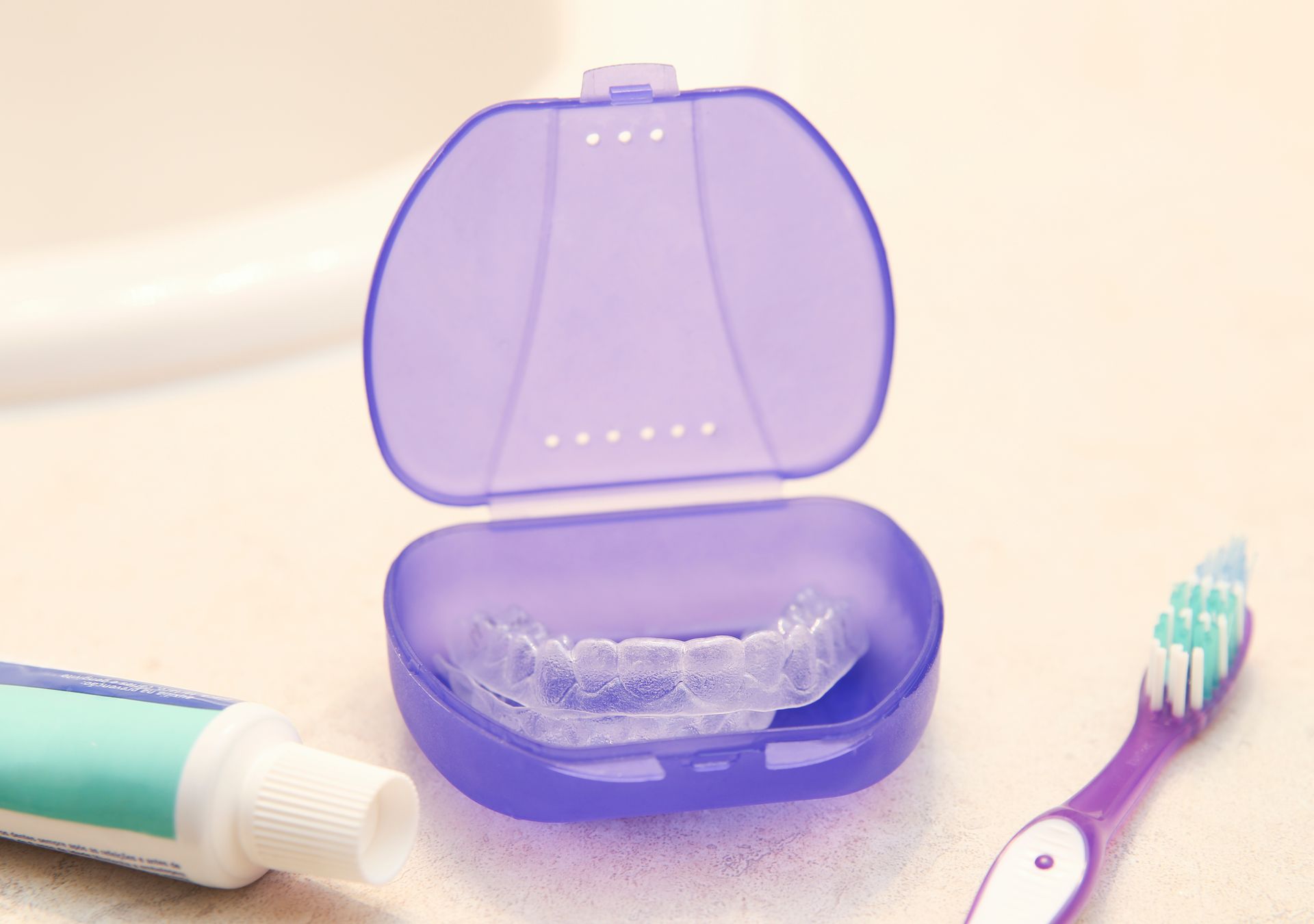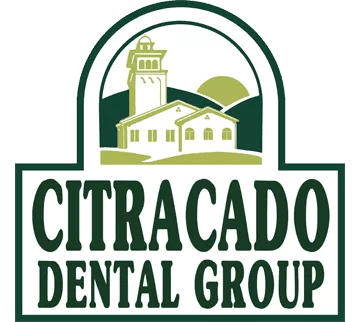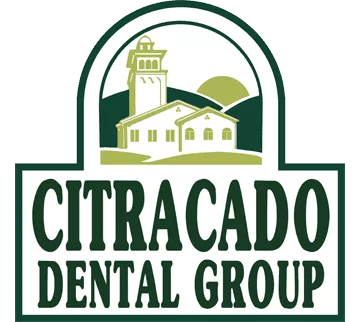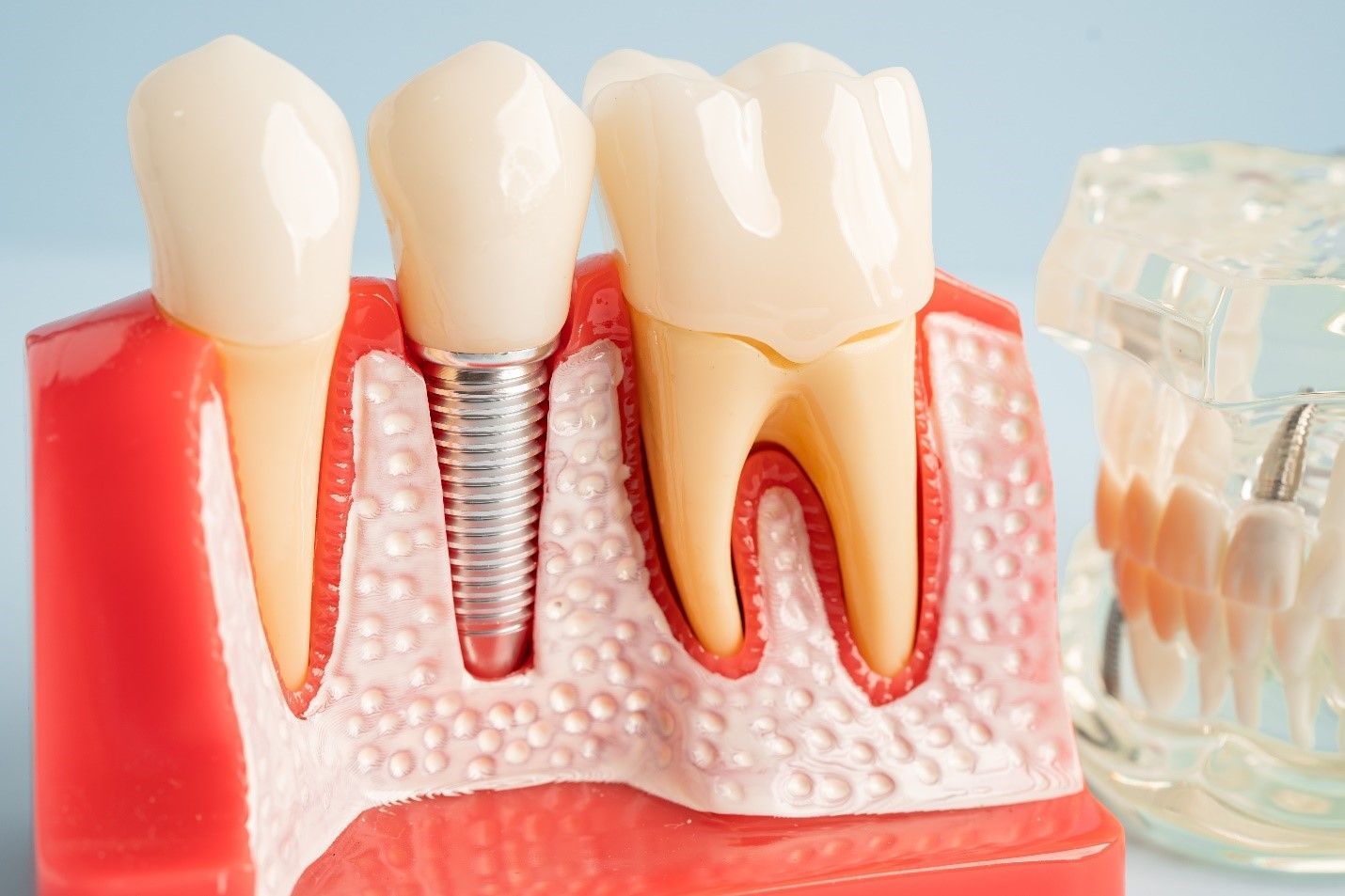CALL/TEXT US (760) 489-5545
Smile Direct is Bankrupt! What do I do now?

To our patients, family and friends,
You may have heard the news of the recent bankruptcy and closing of SmileDirectClub. This was a self-service orthodontic program involving care provided without the supervision of a dentist or orthodontist. Although it was marketed as a low-cost alternative to orthodontics, it was still very expensive for patients. More important than the cost is the absence of examinations and determination of orthodontic needs and proper treatment by a dentist. This concept was doomed from the beginning, and the failure of this program was expected by most practicing dentists. Now that Smile Direct has declared bankruptcy, they have abandoned their patients' care and have advised patients to seek care elsewhere.
If you know of anyone who has received the appliances from them and are now wondering what to do--we are here to help. We are happy to offer a free consultation to review the status and condition of their mouth and the fit of the aligners. Since the alignment of teeth are ever changing, it is important to not lose any progress that a patient may have achieved. For that reason, we encourage those patients to see us, or another dentist skilled in the use of aligners, as soon as possible. Perhaps it might not take much more treatment to have a great result. We have worked with Invisalign for many years and are skilled with their use. For complex cases, we have a great relationship with orthodontic offices. Additionally, we have recently been notified of offers from the Invisalign company to help reduce (new or ongoing) costs for these patients that have been abandoned in the midst of their treatment.
We have sincere compassion for patients who have been caught in this company’s demise. We welcome any opportunity to serve our community, our patients and their families and friends to accomplish a beautiful and healthy result. Please call us for a free consultation.
Dr. William R. Jungman, DDS
Dr. Julie E. Kangas, DDS
Dr. Robert W. Jungman, DDS, MAGD
Dr. Nick Jungman, DDS
Dr. Anna Gute, DDS
QUICK MENU
RECENT POSTS


ARCHIVES
CATEGORIES
VISIT OUR TOP DENTIST IN ESCONDIDO, 92026!
CALL/TEXT:
EMAIL:
HOURS
Mon: 8:00 a.m. - 5:00 p.m.
Tue: 8:00 a.m. - 5:00 p.m.
Wed: 9:00 a.m. - 7:00 p.m.
Thu: 8:00 a.m. - 5:00 p.m.
Fri: 8:00 a.m. - 5:00 p.m.
Sat: 8:00 a.m. - 12:00 p.m.
Sunday Closed




